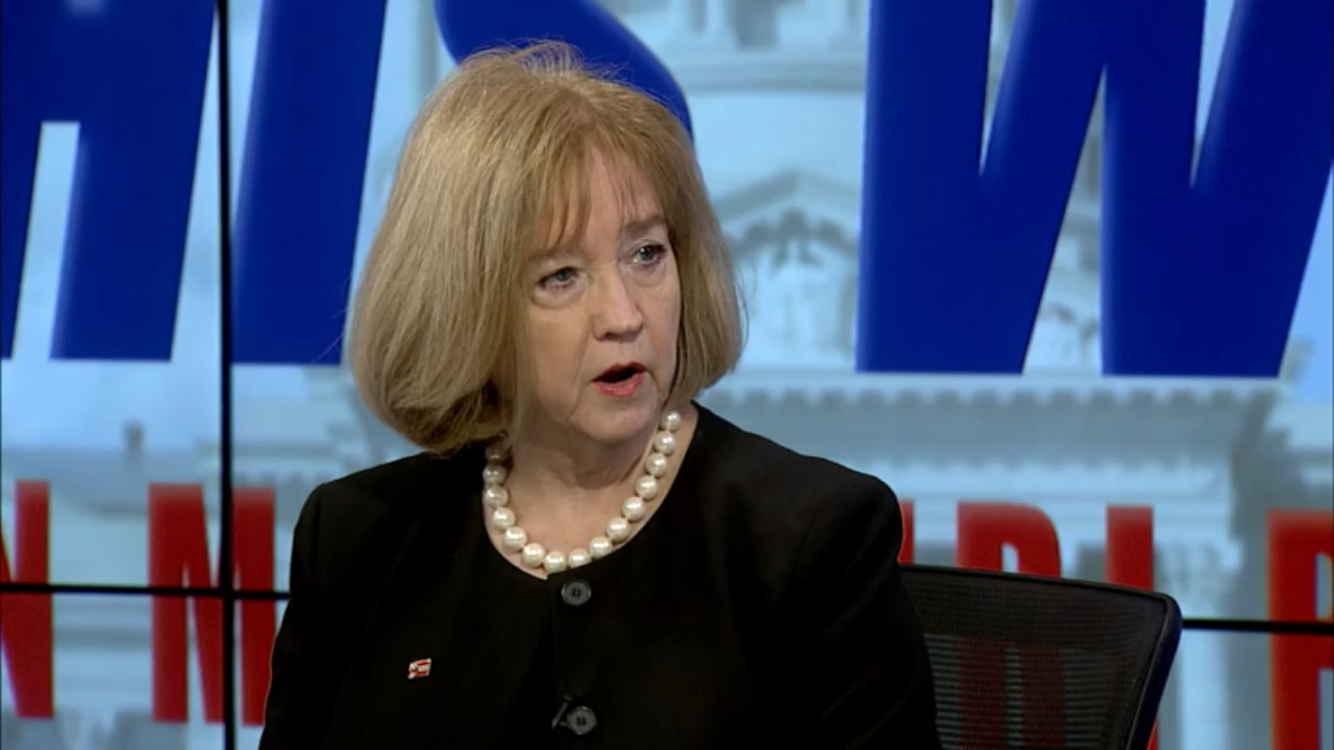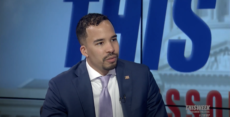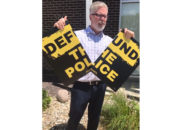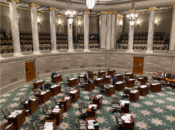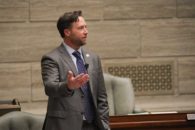Eliminating the police residency requirement in St. Louis would be one of the most effective outcomes of the special session on violent crime, according to St. Louis Mayor Lyda Krewson.
“I think these tools will absolutely help us recruit police officers,” Krewson said. “We’re the only municipality on the area that has a residency requirement for police officers, and for us to just be able to recruit from 62 square miles was a big impediment. Lifting that residency requirement would make a big impact on our recruitment, as we’re 143 officers short of our authorized strength.”
The residency requirement for St. Louis safety officers is one of the five provisions being considered in the Capitol as part of the special session on violent crime. The other bills cover witness intimidation, a witness protection fund, and the offenses of unlawful transfer of a weapon to a minor and endangering the welfare of a child. The bills are up for consideration in the Senate after passing through the lower chamber.
St. Louis County Executive Dr. Sam Page, St. Charles County Executive Steve Ehlmann, and Jefferson County Executive Dennis Gannon joined Krewson on Sunday’s episode of “This Week in Missouri Politics” to discuss the violent crime provisions.
“I think what they’re doing is going to help if it’s successful,” said Ehlmann. “The fact of the matter is that since Ferguson and some of the other things that have happened, people around the country see St. Louis and the evidence of this crime problem, and I’m afraid now we have too many people scratching St. Louis off their lists and that’s bad for St. Louis, the county, and Jefferson and St. Charles counties.”
The panel discussed local control in response to COVID-19 and the reopening of schools for the fall semester.
“We provided guidance to all of our schools,” Page said. “We certainly recommend virtual, but we didn’t issue orders to close schools because our public authority is limited to an immediate threat, and we can’s predict what it’s going to be like two or three weeks down the road. We’re doing everything we can to make sure virtual schools work: supporting the digital divide, providing support for districts that can’t fill the gap completely, and helping with hotspots and Chromebooks, but if schools want to try some hybrid model, we’re providing them guidelines.”
Krewson said the region’s workforce development should bounce back once the pandemic is contained.
“We’re seeing a change in how people are working from home. So for us, it is really a matter of continuing to build,” she said. “We had a very robust economy before COVID, and as we come out of this, is we can tamp down the spread of COVID we should still see a very robust economy.”
Watch the full episode of “This Week in Missouri Politics” below.
EDITOR’S NOTE: For up-to-date information on coronavirus, check with the CDC and DHSS.

Cameron Gerber studied journalism at Lincoln University. Prior to Lincoln, he earned an associate’s degree from State Fair Community College. Cameron is a native of Eldon, Missouri.
Contact Cameron at cameron@themissouritimes.com.

